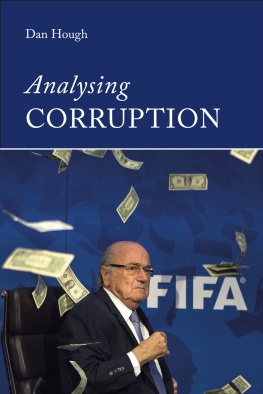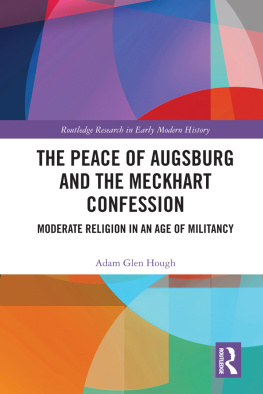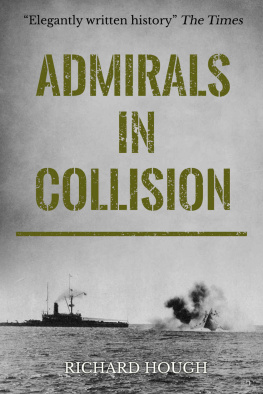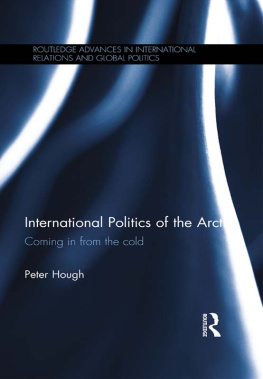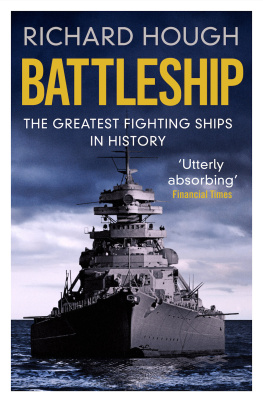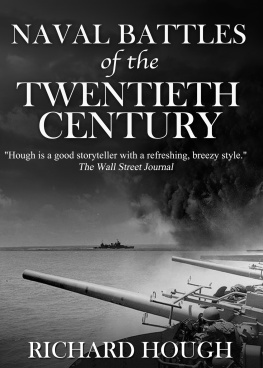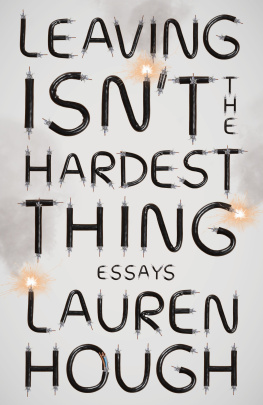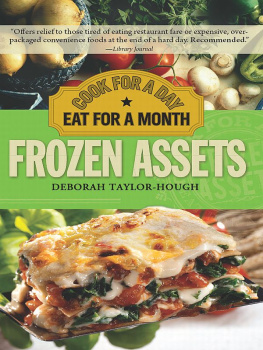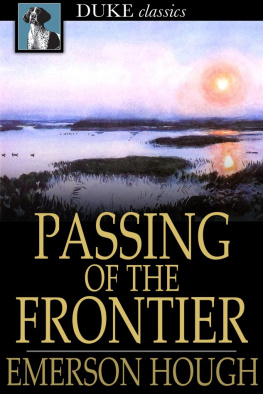Dan Hough 2017
This book is copyright under the Berne Convention.
No reproduction without permission.
All rights reserved.
First published in 2017 by Agenda Publishing
Agenda Publishing Limited
The Core
Science Central
Bath Lane
Newcastle upon Tyne
NE4 5TF
www.agendapub.com
ISBN 978-1-911116-56-1 (ePDF)
eISBN 978-1-788210-23-2
British Library Cataloguing-in-Publication Data
A catalogue record for this book is available from the British Library
Typeset by T&T Productions Ltd, London
Printed and bound in the UK by CPI Group (UK) Ltd, Croydon, CRO 4YY
Contents
Acknowledgements
Academic books come to fruition for a variety of reasons. Some are planned out years in advance and represent a labour of intellectual love. Others are the findings of discrete research projects. Some come to pass with the aim of filling a particular gap in the market. All three of those reasons contributed in part to the development of this book, but the real catalyst was a chance discussion with Agenda Publishings Alison Howson in the Spring of 2016. Alisons interest in corruption analysis and my frustration at not having a text around which I could shape my teaching led to this book being born. Without her enthusiasm both during that original conversation and thereafter, this book would not exist.
The aim of the book is simple: it looks to analyse what corruption is, why it happens and what options there are for tackling it. Clearly, none of these three questions are as easy to answer as they are to ask, and any and every conceivable answer will find someone out there who disagrees with it. Corruption is that type of beast. This book nonetheless aims to offer undergraduates and postgraduates, policy-makers and interested members of the public the opportunity to think through what they know about corruption and why they (think they) know it. While, unfortunately, it cannot tell anyone for sure what they need to do to eradicate corruption, it can hopefully make readers pause to think before accepting many of the common-sense solutions that are often peddled.
Even if the details of this book only came together thanks to that conversation with Alison, the book itself has been in the making for a much longer period of time. A decade and a half or so of teaching corruption analysis to undergraduates at the University of Sussex has made me well aware that most research sticks rigidly to a particular disciplinary approach. Economists, political scientists, historians, psychologists and anthropologists all regularly write on different parts of the corruption mosaic. But they often write for others in their own discipline. Rarely do they write with the intention of crossing disciplinary boundaries and talking to those who might think and work differently. This book tries to use the best of all these approaches to offer a fuller picture of the corruption challenge.
The University of Sussex deserves particular thanks for allowing me the time and space to go on research leave to get that writing done. Just about all the book was written in my wifes hometown of Liuzhou, Guangxi Province, southern China. Indeed, I often wonder what the ever-affable and patient staff of the Starbucks in the Wanda Centre in Liuzhou thought of the lowi who turned up day in, day out to drink his Americano and tap away on his MacBook. Come what may, the (no doubt inadvertent) support that , , , , , , , , and offered was very much appreciated.
Others also helped in small and not so small ways that really meant a lot. Liz Dvid-Barrett, Dave Bevan and Dominic Corley very generously read chapters and gave useful feedback, while , arguably the keenest footballer the world has ever known, was ever-willing to get me involved in football games in Liuzhou. The scores of what soon became familiar faces on the running track at the Guangxi University of Science and Technology were also a welcome part of the writing routine. That even includes those who insisted on running the wrong way round the track (although I draw the line at the backward walkers; you guys really do need help). , Nassar Abaalkhail, Tom Guy, Grace and Pete Hough, Michael Ko, Sam Power, Andrew Sanders, Paul Taggart and Dan Taylor also all, in their different ways, made contributions that meant a lot.
The reason, however, that this book was indeed written so far away from home was not just because my wife, Ying Lin, a master of juggling things so that I could get the time and space to write, fancied spending a bit of time back in China. It was to introduce our twins, Stan and Vince, to the Chinese part of their family and, with that, to a part of who they are. They were, of course, too young to really take too much of it in, but no matter. They were also obviously blissfully unaware that while they were having fun in the soft play centre their dad was also trying to write a book. No matter again. This book is dedicated both to Ying and to them.
Abbreviations
ACA
Anti-corruption agency
APSR
American Political Science Review
ASEAN
Association of Southeast Asian Nations
BASF
Badische Anilin und Soda Fabrik
BEEPS
Business Environment and Enterprise Survey
BFIU
Financial Intelligence Unit (Bangladesh)
BPI
Bribe Payers Index
CCDI
Central Commission for Discipline Inspection (China)
CFM
Citizen Feedback Model (Pakistan)
CoC
Control of Corruption (Worldwide Governance Indicator)
CoE
Council of Europe
CPC
Communist Party of China
CPI
Corruption Perceptions Index
CPIB
Corrupt Practices Investigation Bureau (Singapore)
CSPL
Committee on Standards in Public Life (UK)
DCO
District coordination officer (Pakistan)
DPA
Deferred prosecution agreement
ECHR
European Convention on Human Rights
EITI
Extractive Industries Transparency Initiative
FATF
Financial Action Task Force
FBI
Federal Bureau of Investigation (US)
FCPA
Foreign Corrupt Practices Act (US)
FIFA
Federation Internationale de Football Association
GCB
Global Corruption Barometer
GCR
Global Competitiveness Report
GDP
Gross domestic product
GRECO
Group of States against Corruption (within the Council of Europe)
ICAC
Independent Commission against Corruption (Hong Kong)
ICRG
International Country Risk Guide
IDA
International Development Association (of the World Bank)
IMF
International Monetary Fund
IfG
Institute for Government (UK)
IPAB
www.ipaidabribe.com
IRM
Implementation Review Mechanism (of the UNCAC)
IPSA
Independent Parliamentary Standards Authority (UK)
JMI
Jeunesses Musicales International
LIBOR
London Interbank Offered Rate
MACN
Maritime Anti-Corruption Network
NATO
North Atlantic Treaty Organization
NGO
Non-governmental organization



